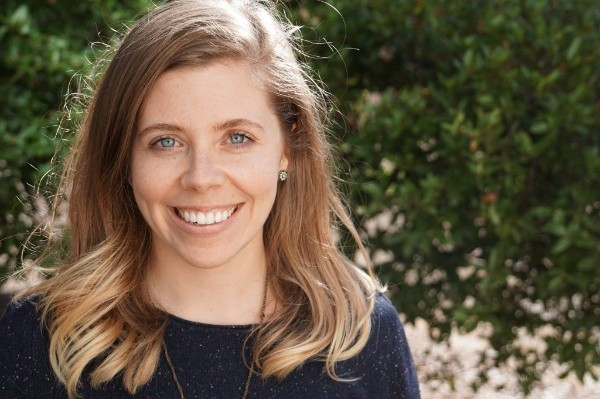
Kimberly Hickok
Kimberly has a bachelor's degree in marine biology from Texas A&M University, a master's degree in biology from Southeastern Louisiana University and a graduate certificate in science communication from the University of California, Santa Cruz. She is a former reference editor for Live Science and Space.com. Her work has appeared in Inside Science, News from Science, the San Jose Mercury and others. Her favorite stories include those about animals and obscurities. A Texas native, Kim now lives in a California redwood forest.
Latest articles by Kimberly Hickok

What are VOCs? The facts about volatile organic compounds
By Kimberly Hickok last updated
Volatile organic compounds (VOCs) are gaseous chemicals that are emitted by various household items, as well as natural sources.
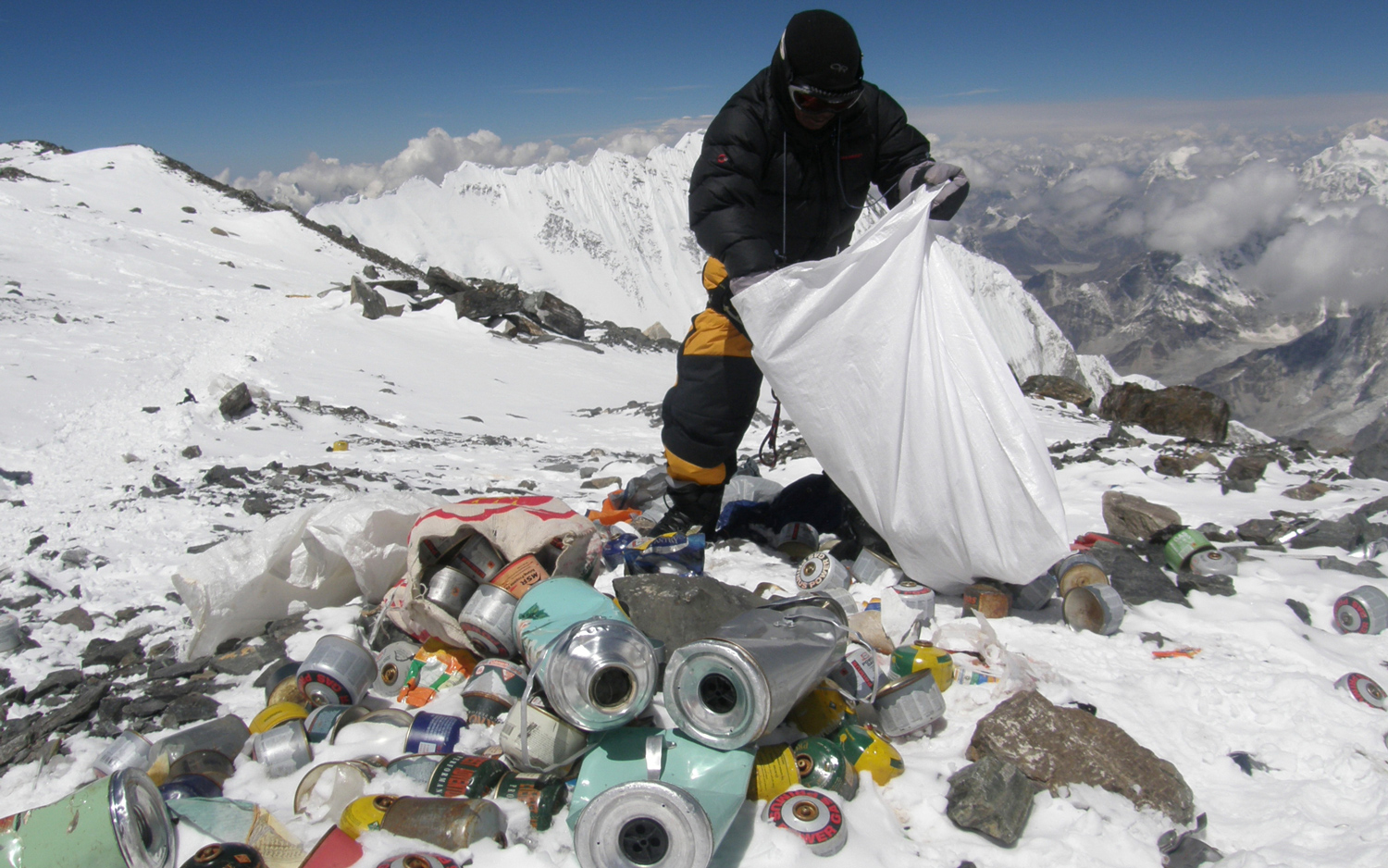
How Much Trash Is on Mount Everest?
By Kimberly Hickok last updated
So much trash and nowhere for it to go leads to a mountain of trash.

Why Creationists Are More Likely to Buy into Conspiracy Theories
By Kimberly Hickok last updated
People who believe in creationism use the same way of thinking to believe conspiracy theories.
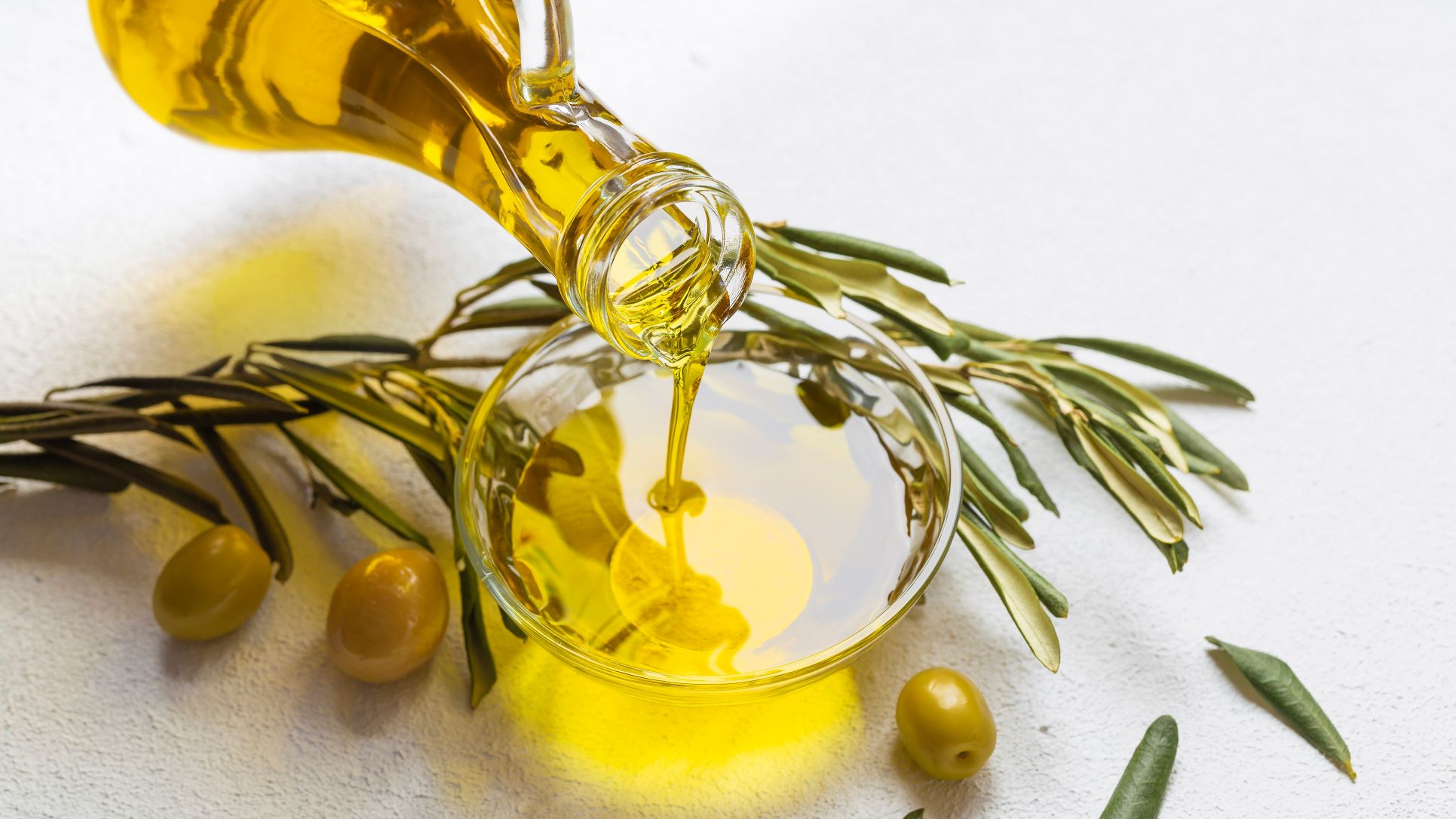
What is dietary fat?
By Lou Mudge last updated
Everything you need to know about dietary fat and why including the right fat in your diet is important for good health.
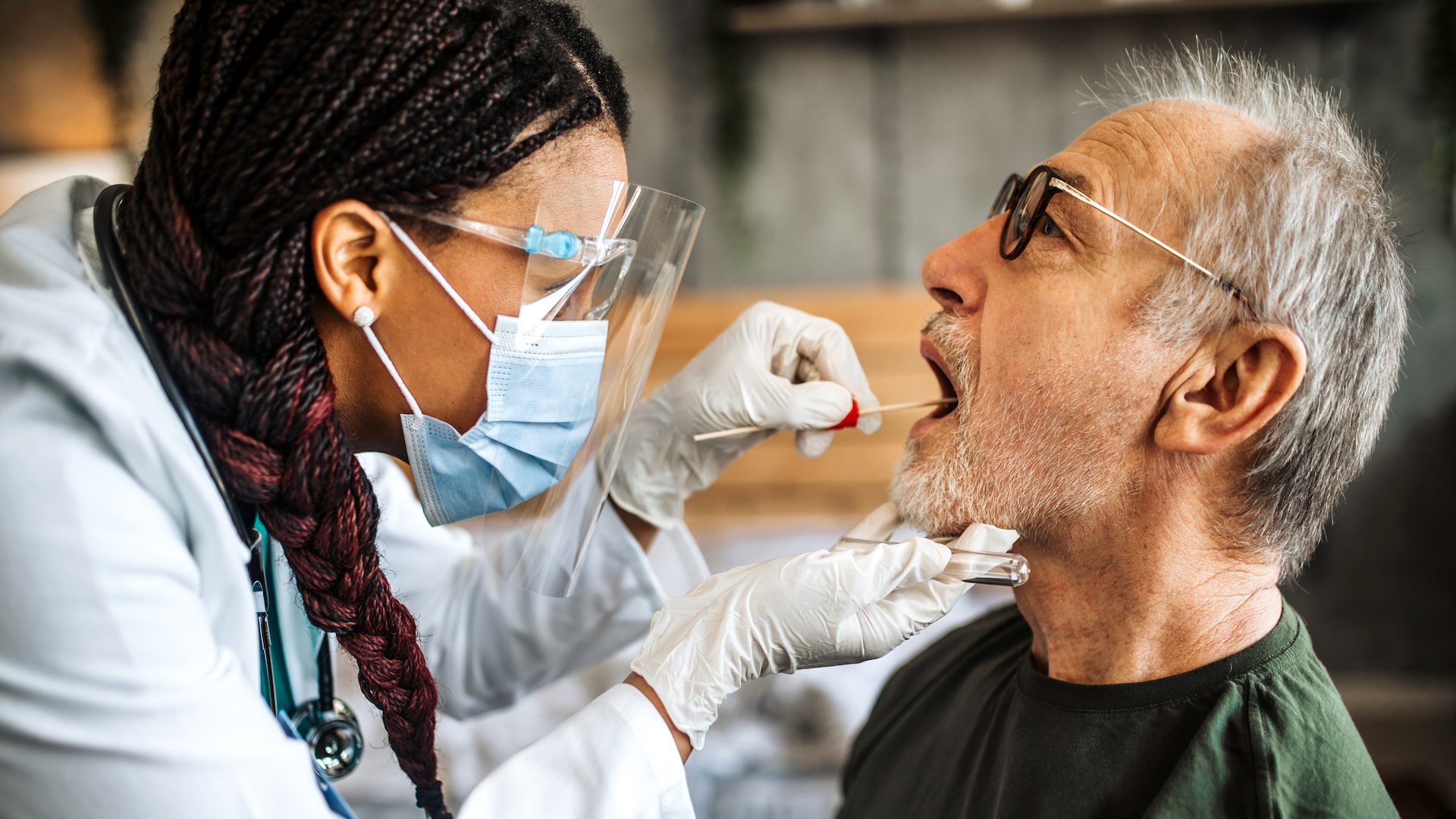
Tonsils: Definition, anatomy & function
By Kimberly Hickok published
Tonsils are small organs in the back of the throat. When they become inflamed they cause tonsillitis.
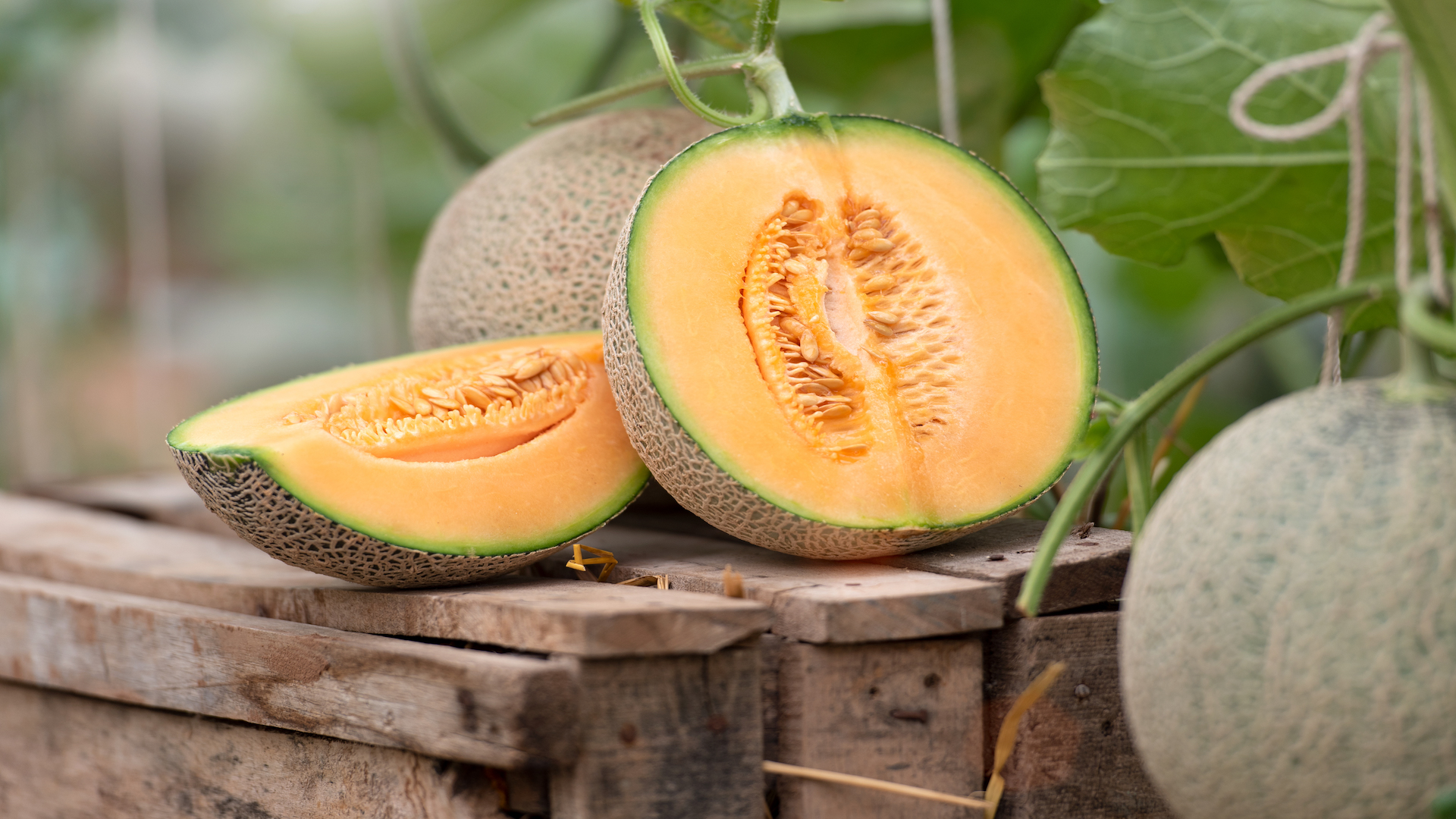
Cantaloupe: Health benefits & nutrition facts
By Jessie Szalay last updated
Cantaloupe is a tasty nutrient-packed melon that's low in calories.

Egg Whites: Health benefits & nutrition facts
By Kimberly Hickok published
Egg whites are high in protein and low in just about everything else.
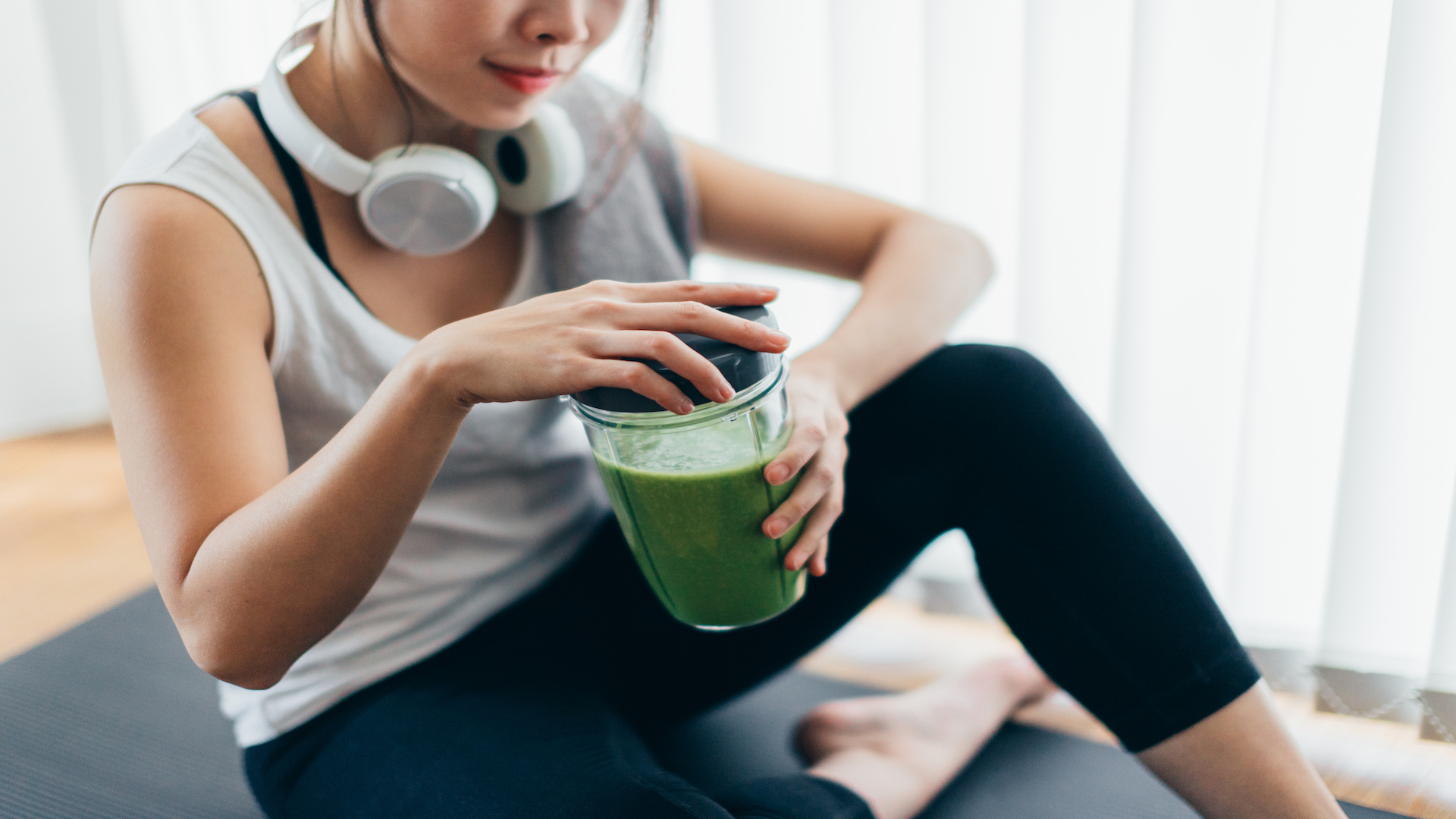
Spirulina: Uses, potential health benefits and risks
By Lauren Cox last updated
Spirulina is a popular supplement made from blue-green algae. It's potential health benefits include lowering blood pressure.
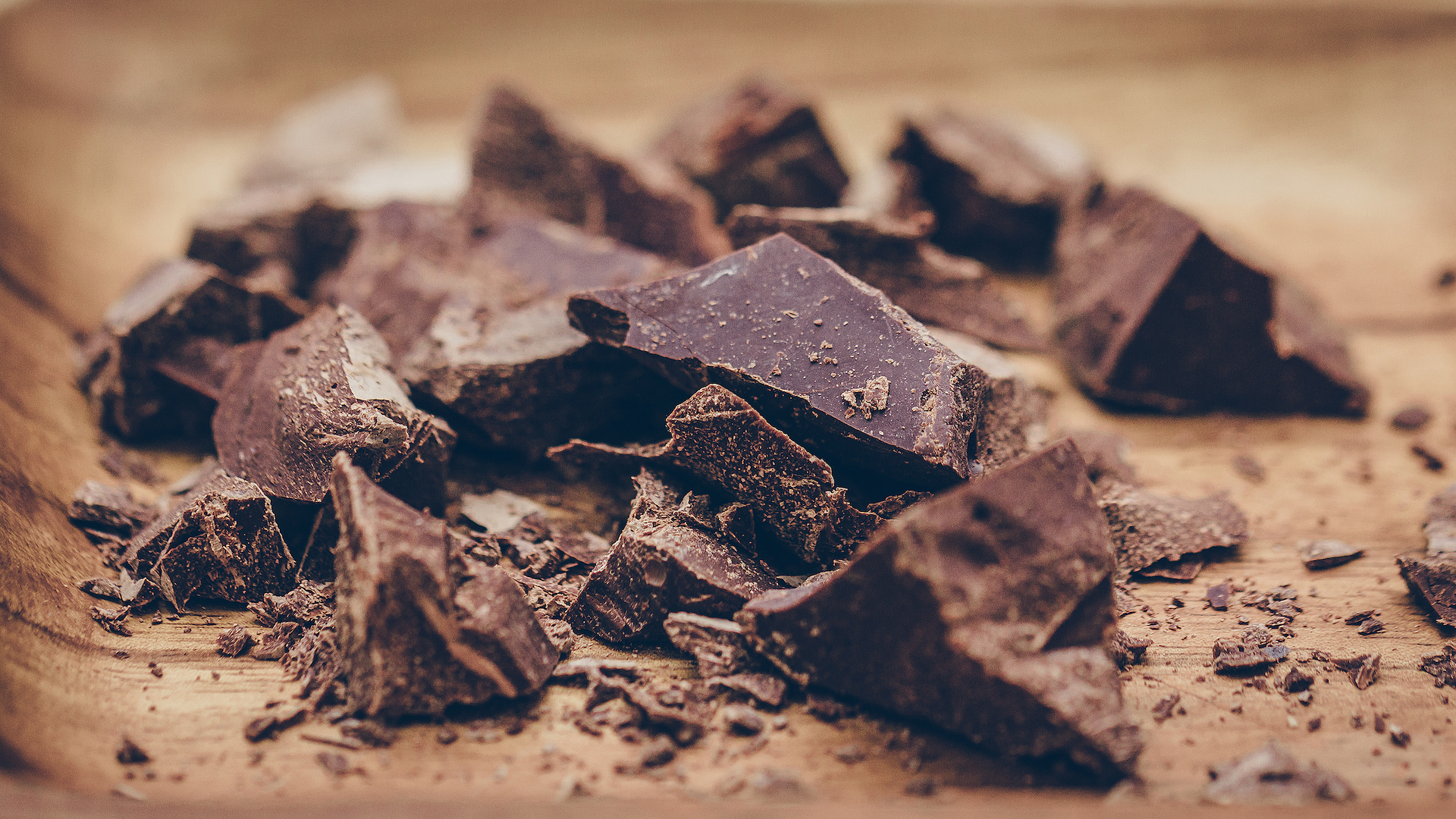
Chocolate: History, types, production & other fun facts
By Kimberly Hickok published
Chocolate, the most popular sweet treat in the world, makes you feel good and might be good for you, too. (At least a little.)
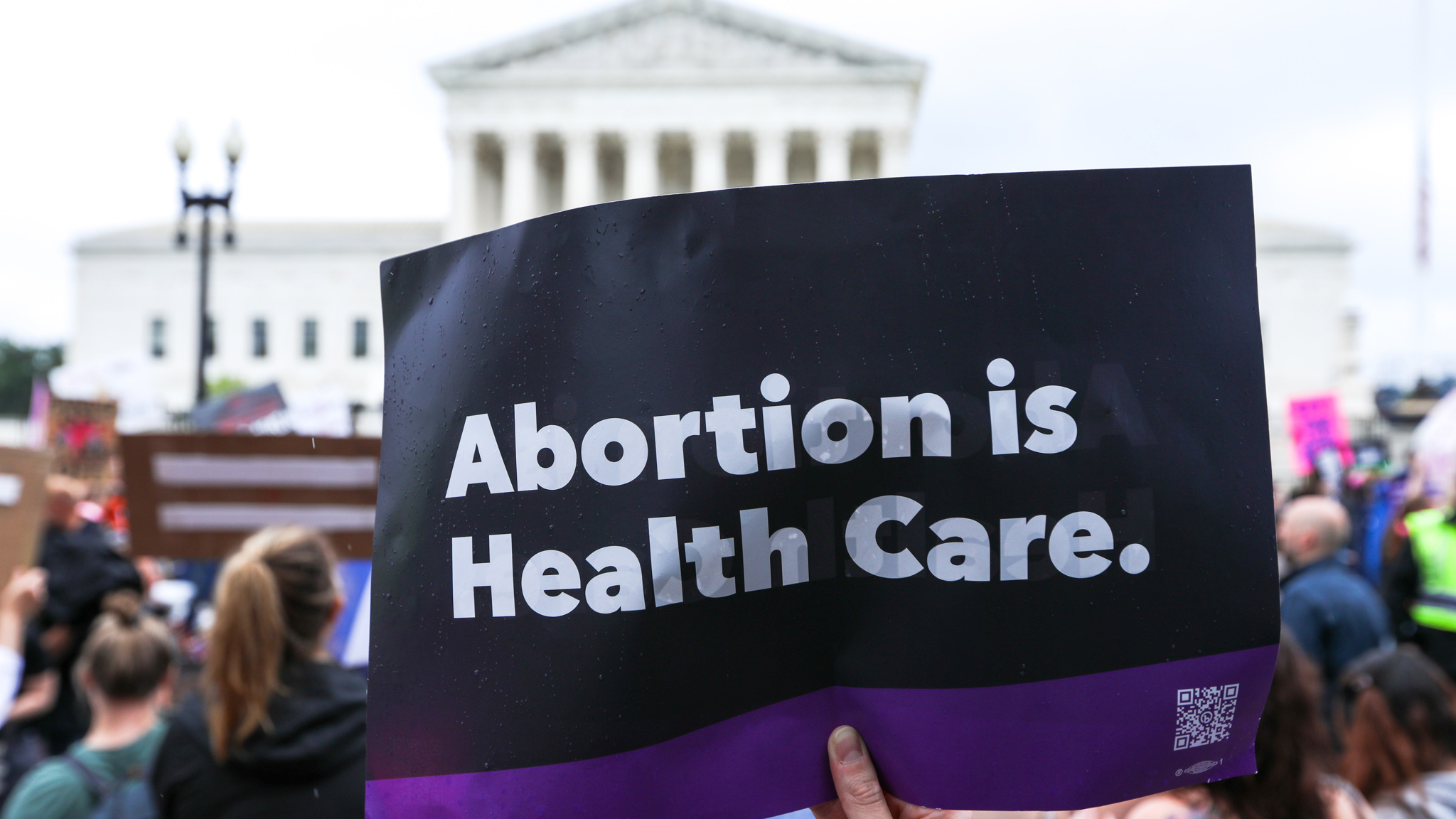
What is an abortion?
By Kimberly Hickok last updated
An abortion is the early termination of a pregnancy, which can happen spontaneously, as in the case of a miscarriage, or by medical or surgical means.
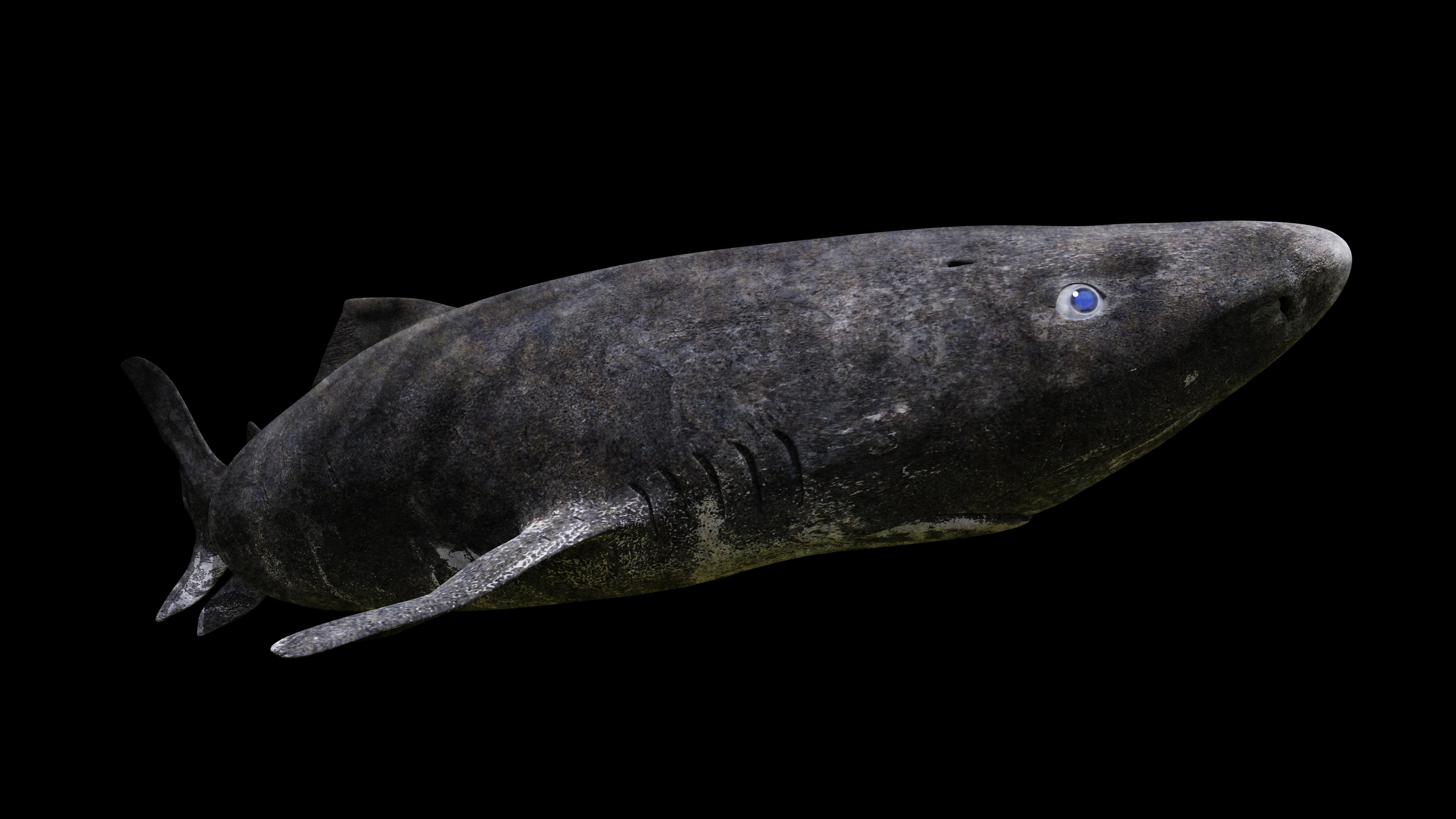
20 times sharks made our jaws drop
By Kimberly Hickok, Stephanie Pappas last updated
Here are our favorite stories about sharks, from an ancient Greenland shark to a behemoth "queen of the ocean."

Save on these Slime Kit deals
By Kimberly Hickok published
This roundup of the best slime kit deals has something for all of the kids in your life.
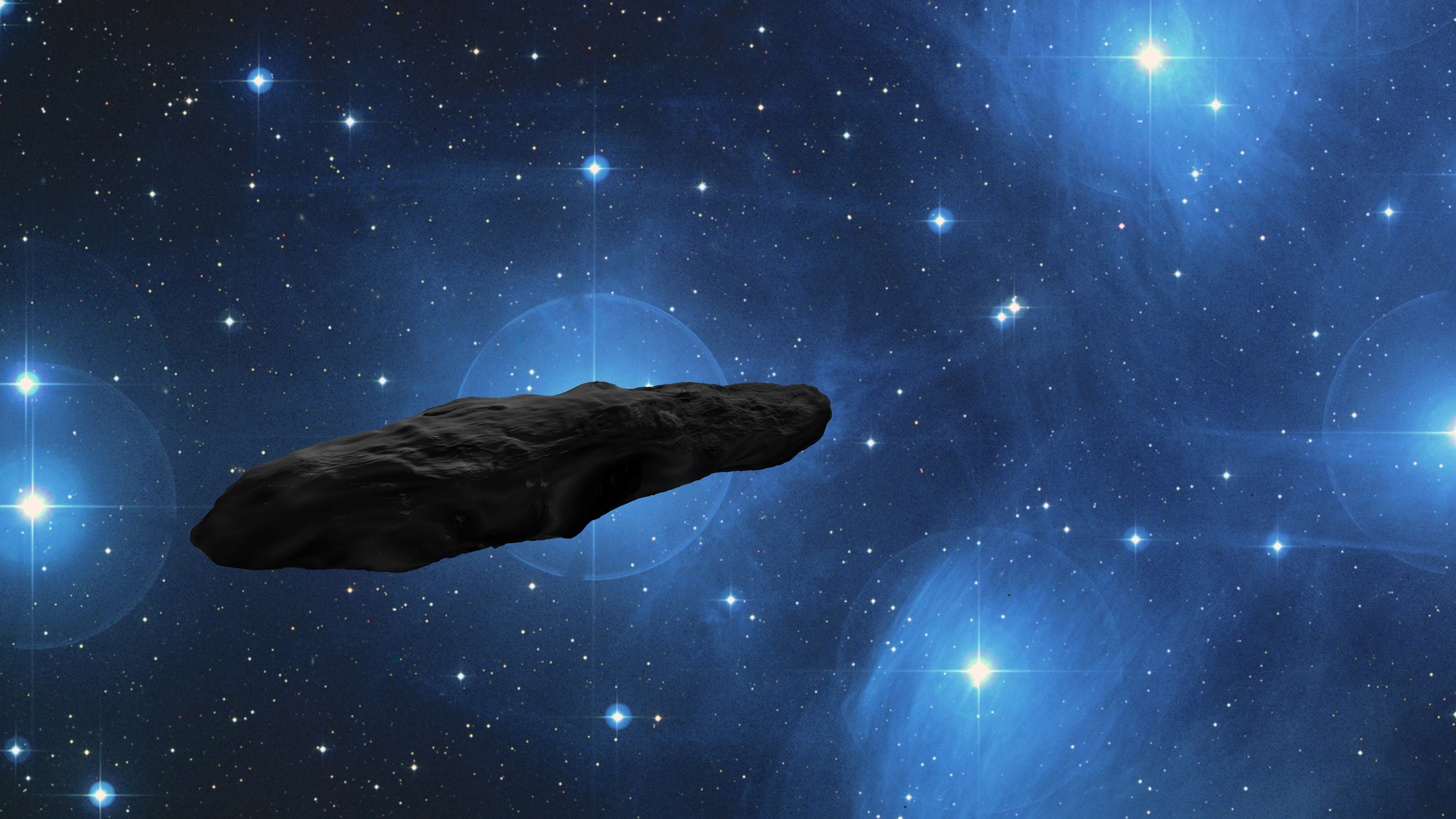
Interstellar visitor 'Oumuamua wasn't a nitrogen iceberg, Harvard astrophysicists say
By Kimberly Hickok published
The interstellar visitor 'Oumuamua might not be a nitrogen iceberg after all. But what is it?

How does the summer solstice affect animals?
By Kimberly Hickok published
Even if humans have trouble telling time in the "land of the midnight sun," many animals can adjust their schedules to the summer solstice.

What is the 25th amendment?
By Kimberly Hickok published
The 25th amendment clarifies the steps to be taken if the offices of president or vice president become vacant.

Our most popular science stories of 2020
By Kimberly Hickok published
Here are the most-read stories on Live Science this year.
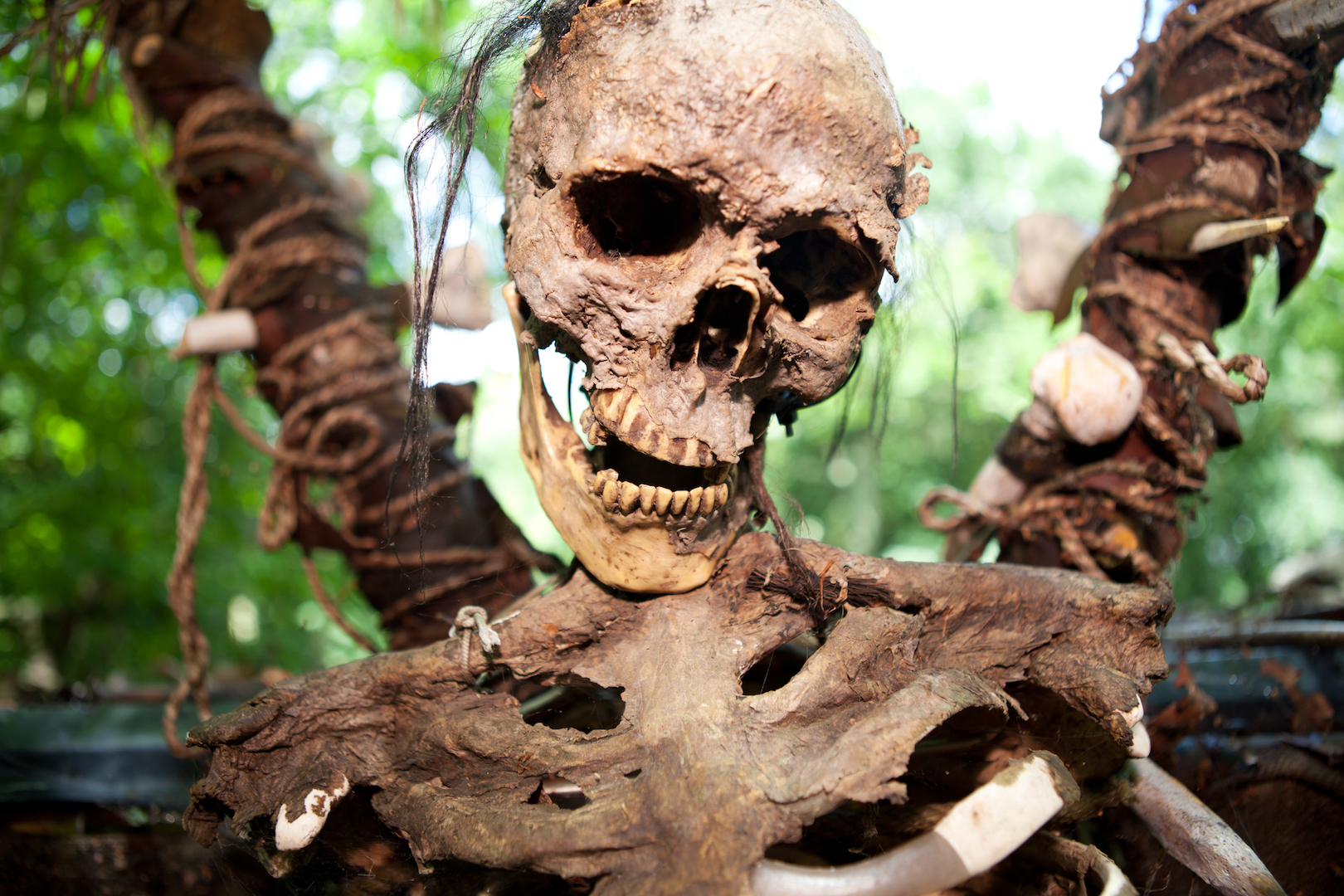
Zombie diet: 10 real-life examples of humans eating humans
By Kimberly Hickok published
The dead don't eat the living, but sometimes the living eat their dead.

Scientists condemn racism and take action with #StrikeforBlackLives this week
By Kimberly Hickok published
This Wednesday, thousands of scientists will #ShutDownAcademia, #ShutDownSTEM and #StrikeforBlackLives.

#BlackBirdersWeek co-founders talk nature and race
By Kimberly Hickok published
#BlackBirdersWeek is an online event created with the goal of promoting and encouraging the inclusion of Black people in science and nature communities traditionally dominated by white people.
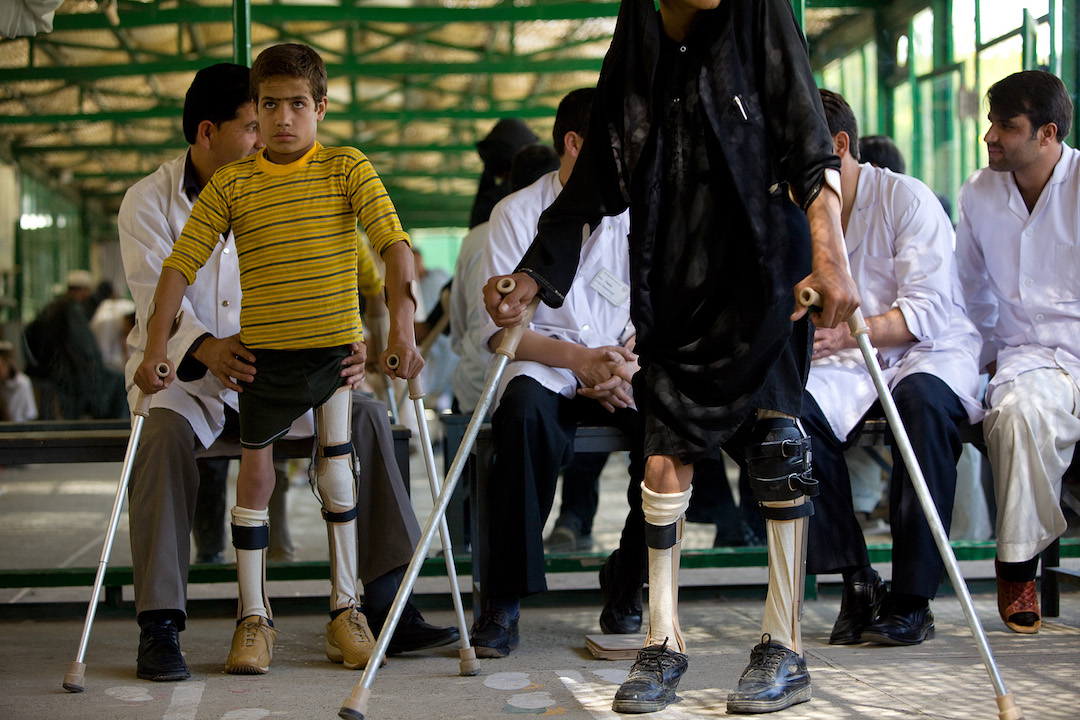
Who created the polio vaccine?
By Kimberly Hickok published
In the early 1950s, Dr. Jonas Salk and Dr. Albert Sabin each found a way to protect the world from poliomyelitis, the paralysis-causing disease commonly known as polio. Here's how they did it.

Kansas: Latest updates on Coronavirus
By Kimberly Hickok, Nicoletta Lanese published
Here's a look at the number of coronavirus cases in Kansas and the latest news about the COVID-19 outbreak.

The US just hit 1 million cases of coronavirus
By Kimberly Hickok published
The United States has reported 1 million cases of COVID-19 nationwide, as of today (April 28). That's about one third of all reported cases of the disease in the world.
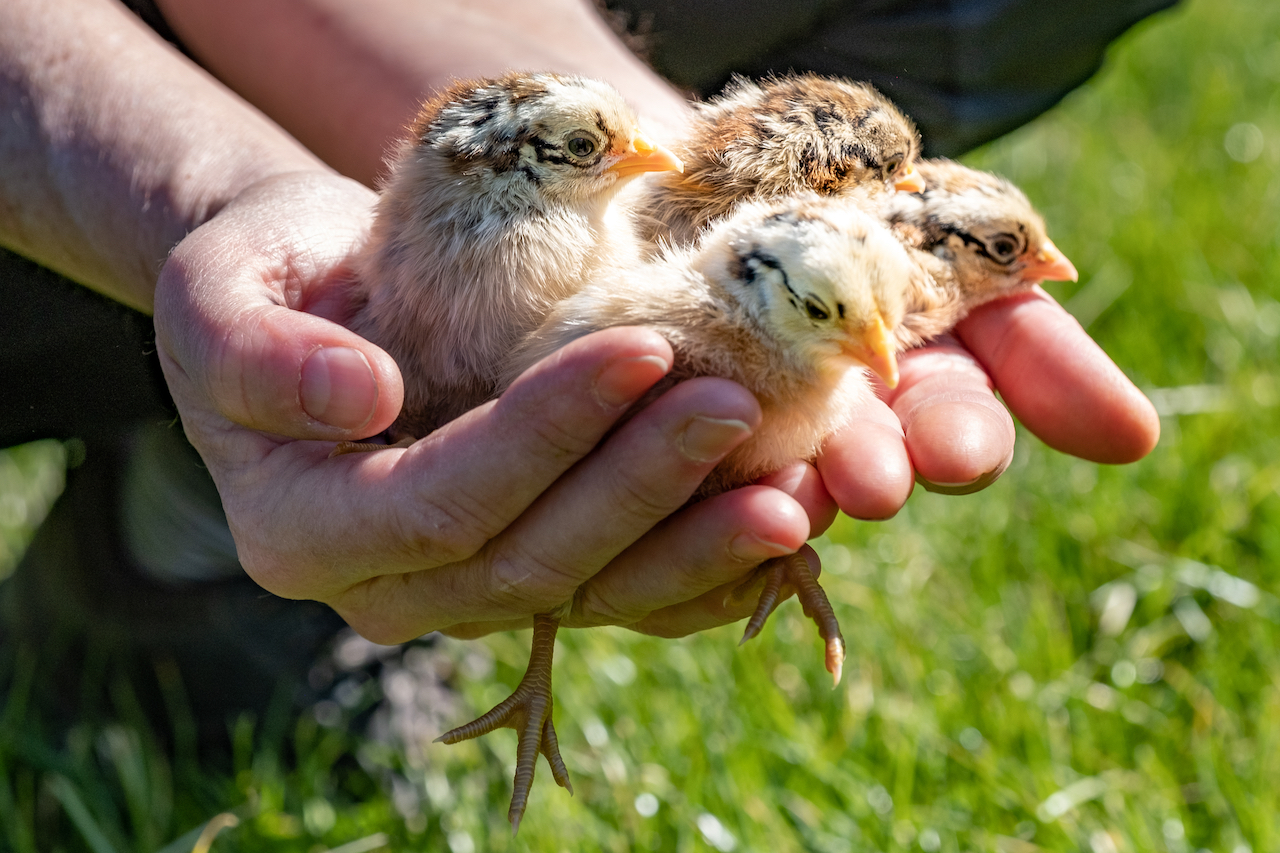
What are zoonotic diseases?
By Kimberly Hickok published
Zoonotic diseases are on the rise, but the transfer of a disease-causing germ from an animal to a human is still very rare.
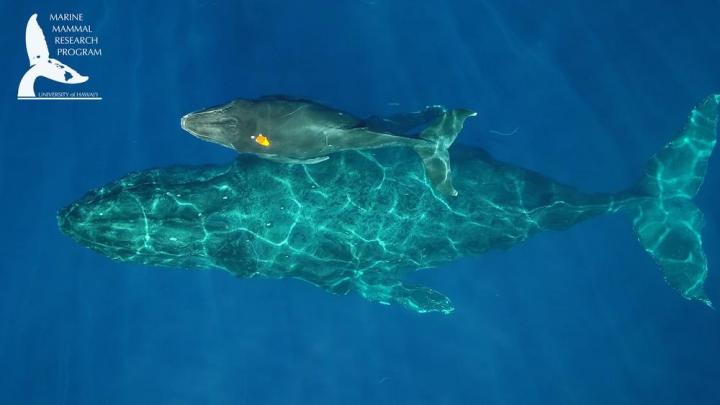
Amazing new video shows baby humpback whales nursing from their moms
By Kimberly Hickok published
Researchers popped suction-cup cameras on the backs of baby humpback whales and captured a rare glimpse into the life of a nursing whale.
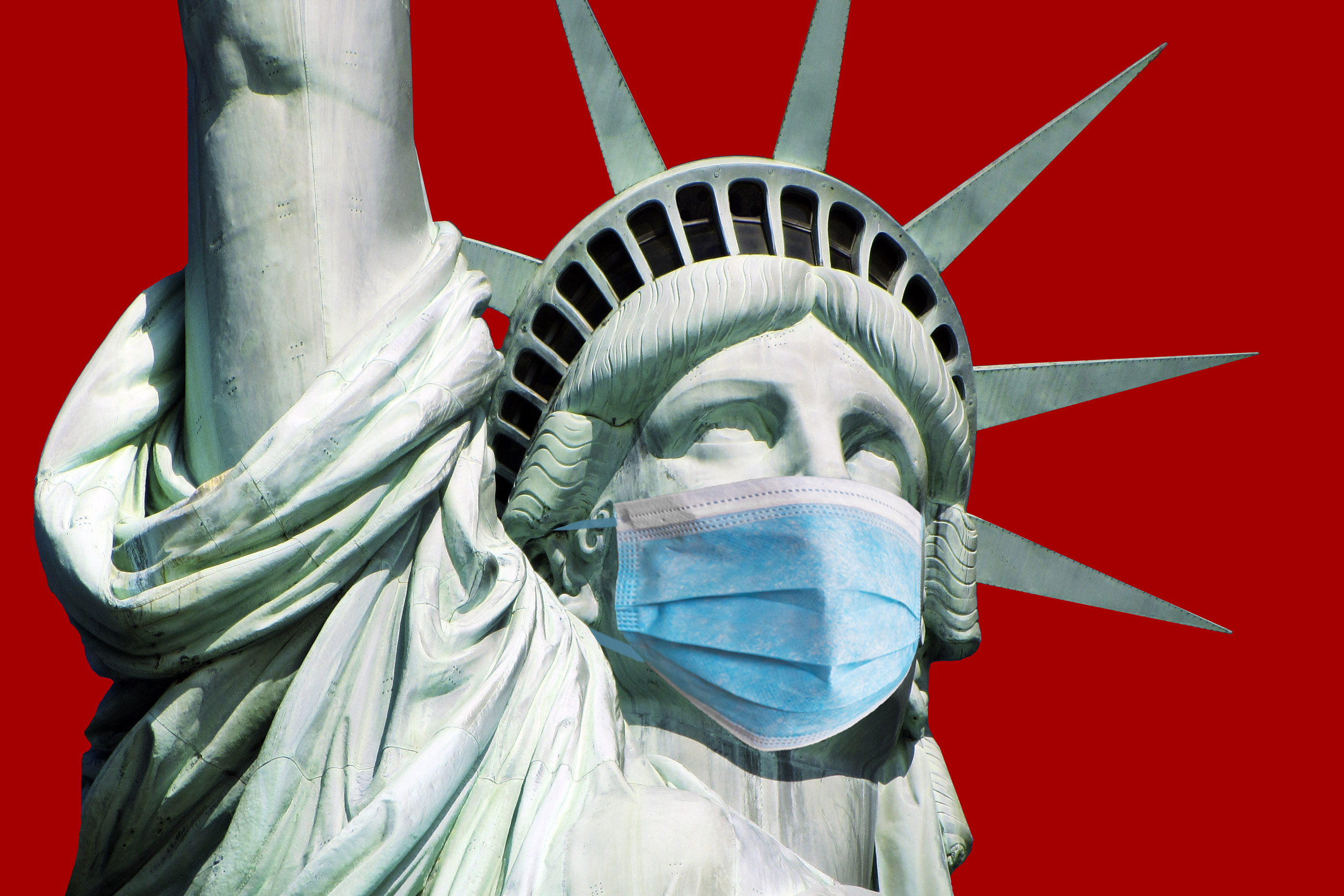
New York has been crushed by COVID-19. Will other US cities be spared?
By Kimberly Hickok published
The number of coronavirus cases continue to shoot up in New York City, and are overwhelming the city's health care systems. Other cities could experience the same if precautions are taken seriously.
Sign up for the Live Science daily newsletter now
Get the world’s most fascinating discoveries delivered straight to your inbox.
